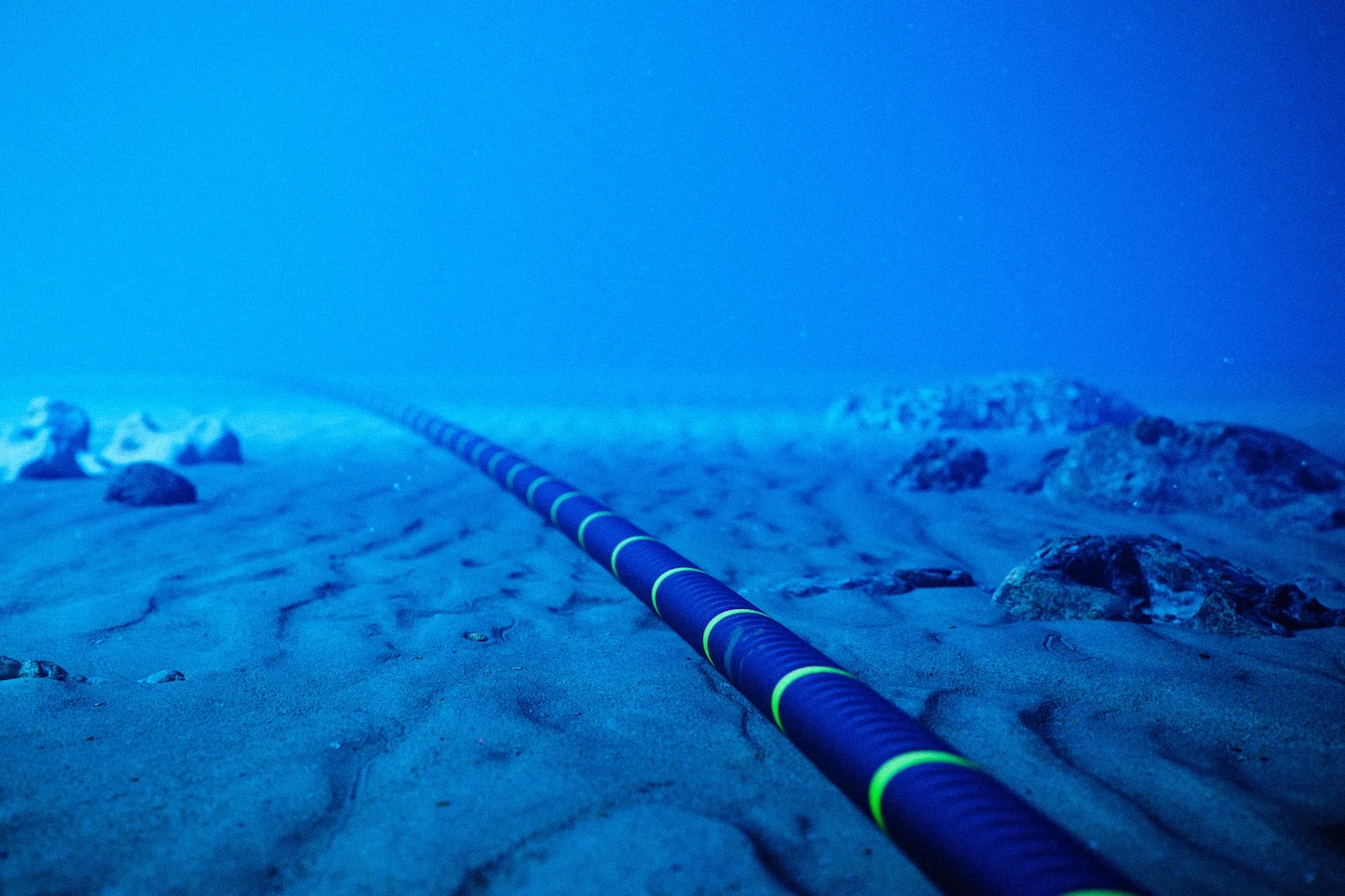Internet Outage in East Africa: What really happened?

As of now, we are all aware that several countries in East Africa are currently experiencing internet disruptions following a sub-sea cable cut. The outage was reported on Sunday morning and seems to have extended to Monday.
As of Monday evening, users in Kenya, Tanzania, Rwanda, and Uganda were still reporting slow internet speeds with some being locked out completely. Cloudflare Radar, which monitors Internet connectivity, says Tanzania is one the worst-affected countries with traffic falling to 30 percent of expected levels.
The internet outage has been attributed to a cut in the Eastern Africa Submarine Cable System (EASSy) and the Seacom cables.
“Network data show a disruption to Internet connectivity in and around multiple East Africa countries; the incident is attributed to failures affecting the SEACOM and EASSY subsea cable systems,” NetBlocks, the global web monitor, said on X.
In Kenya, Safaricom also acknowledged the outage noting that it was indeed experiencing the outage.
”We have experienced an outage on one of the undersea cables that deliver internet traffic in and out of the country. We have since activated redundancy measures to minimise service interruption and keep you connected as we await the full restoration of the cable. You may, however, experience reduced internet speeds,” the telco said.
On Monday the telco released another statement saying it was closely monitoring the situation.
‘’We continue to monitor our network and service delivery to customers following yesterday’s internet service degradation, caused by multiple undersea cables that deliver traffic in and out of Africa and affecting several countries’’
‘’Thanks to our redundancy plans and investment across multiple undersea cables our services continue to be available, however, some users may experience slow connectivity and speeds,’’ it said.
Airtel Uganda also said it was aware of the “intermittent internet service” while MTN Rwanda told its customers that there was “an issue of degradation of international links.”
The Communication Authority (CA), revealed in a statement also released on Monday, that the recovery process has since started following the internet outage.
‘’We wish to inform individuals and corporate consumers that the recovery process has since commenced but internet itermittency and slow speeds may remain in the coming days before services are fully restored,’’ the statement read.
The Authority went further to direct service providers to take proactive measures to secure alternative routes for their traffic.
SEACOM said in a statement released today that the fibre cut has affected its Core Points of Presence (POP) in Maputa and Dar es Salaam.
Which cables were affected?
According to Ben Roberts, Group CTIO at Liquid Intelligent Technologies, faults were reported in the Eastern Africa Submarine Cable System (EASSy) and the Seacom cables.
Ben added that three crucial submarine cables in the Red Sea — Seacom, EIG, and AAE1 — also suffered cuts and remain unrepaired, leading to the widespread outage.
What next?
In Kenya, Safaricom said it is pursuing additional capacity with other undersea cable partners to take care of the affected bandwidth and working with impacted cable providers for resolution.
CA said the East African Marine Systems (TEAMS) cable, which has not been affected by the fibre cut, is currently being utilized for local traffic flow while redundancy on the South Africa route has been activated to minimize the impact.
SEACOM on the other hand said it has successfully rerouted South African traffic through alternative west coast cable systems.
The immediate cause of the sub-sea cable cuts is yet to be established.
Follow us on Telegram, Twitter, and Facebook, or subscribe to our weekly newsletter to ensure you don’t miss out on any future updates. Send tips to editorial@techtrendsmedia.co.ke


